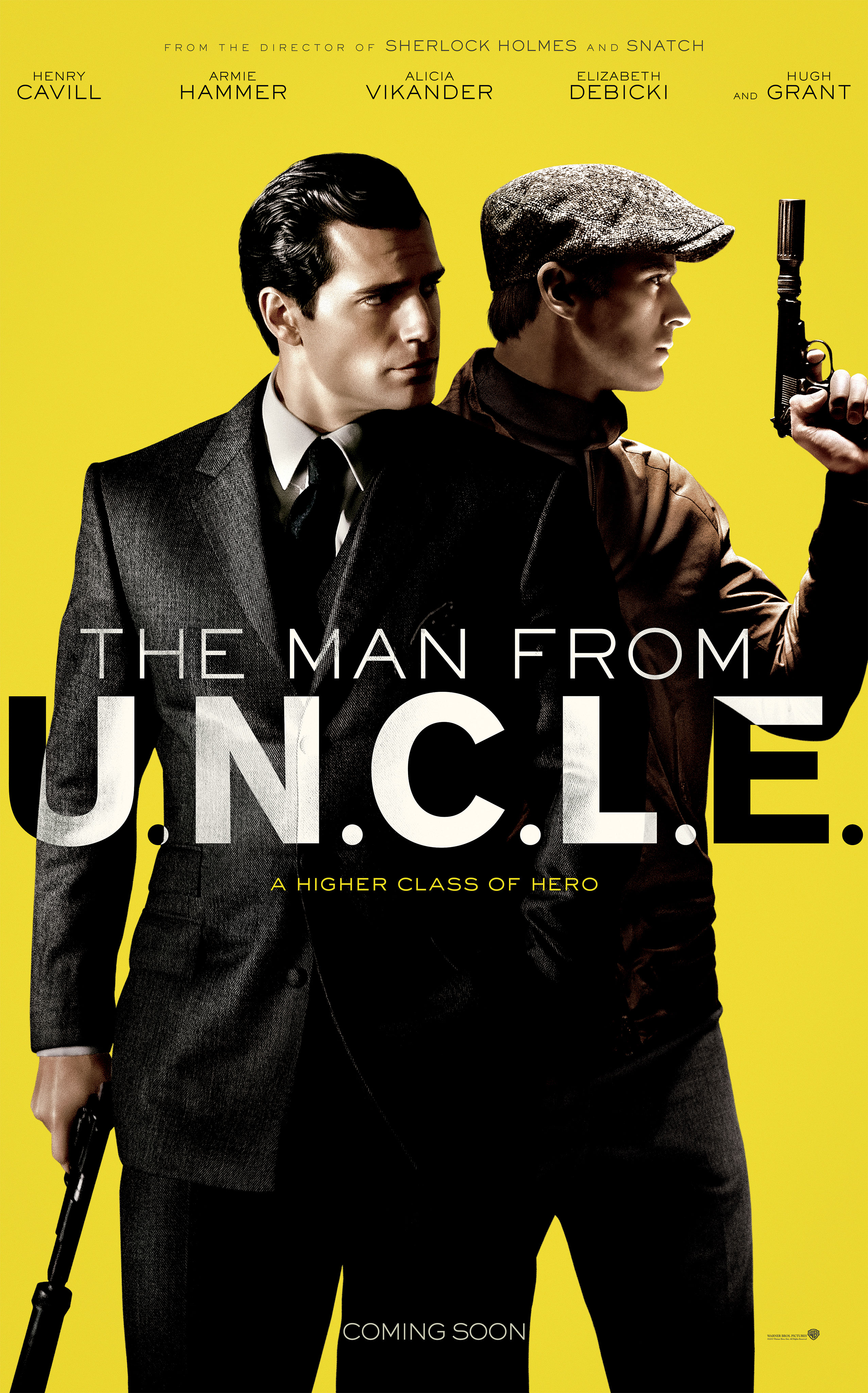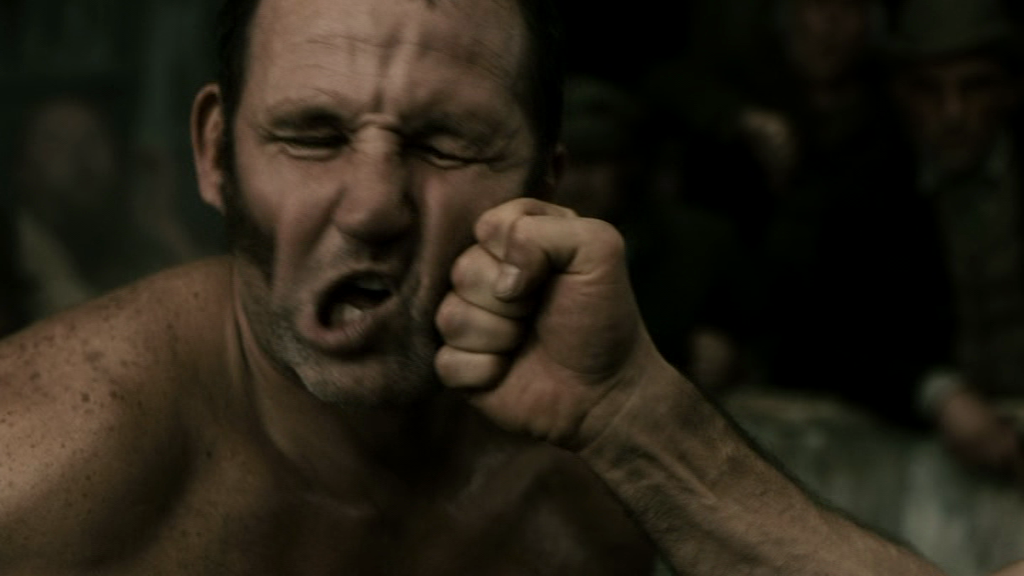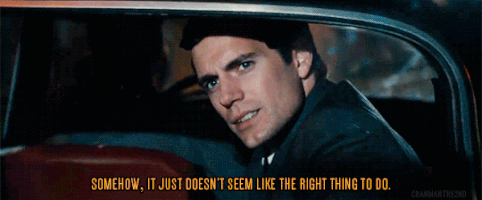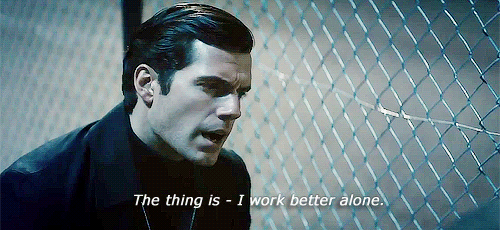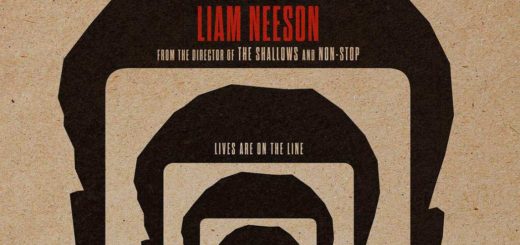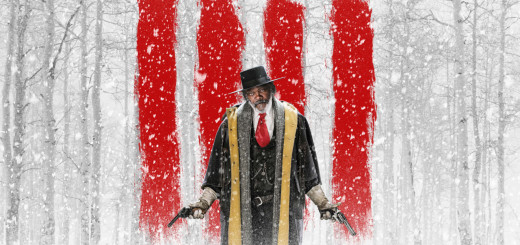THE MAN FROM U.N.C.L.E. Review
Director: Guy Ritchie
Genre: Action, Espionage
Release: 2015
Guy Ritchie has always been a director with a knack for flash, charming leads, and a general emphasis on the “cool factor” of his films, about as pastiche as Tarantino and highly derivative of Scorsese. Nonetheless, he has proven to audiences that he has something to say due to his ultra-stylized tone of hyperlink filmmaking, most evident in films such as SNATCH and LOCK, STOCK AND TWO SMOKING BARRELS. Unfortunately for him, those two films appear to exist as his peak, because once Ritchie sold his soul to the studio devils and started making Sherlock Holmes films devoid of detective work, one began to realize that he had begun shamelessly cannibalizing his own success.
Although we’d all love to see Benedict Cumberbatch engage in a bout of fisticuffs
THE MAN FROM U.N.C.L.E is a perfect example of a film that is good, or even great, to anyone who knows nothing about Guy Ritchie’s prior efforts, as it boasts all of the visual splendor and sharp wit that makes his pictures so entertaining. However, what’s disappointing to any longtime fan of his is how predictably Ritchie plays his cards, using flashy parallel narratives and flashbacks to slowly connect the dots of his tricky little espionage tale. Playing it safe wouldn’t be so bad if it wouldn’t be for the fact that THE MAN FROM U.N.C.L.E feels shamefully sloppy in style. The color palette is great and Henry Cavill is a charming lead with the booming voice of a video game hero, but the film feels like it was a slapdash effort in production and editing, making for scenes that only manage to make sense because they’re never really as complex as the rapid cuts would make one think.
Hindsight is 20/20
Aesthetics aside, THE MAN FROM U.N.C.L.E primarily suffers from a sub-par narrative with occasionally horrid character writing. Although the set-pieces are entertaining and each chase is compelling thanks to Ritchie’s trademark sense of humor, the narrative that propels all of the action feels haphazardly incompetent. That’s not to say that the film has no clear direction, but every narrative beat feels so painfully obvious that its linear organization feels like a surprisingly disappointing shortcoming. In fact, when comparing this film to Paul Feig’s SPY, it’s as if the same exact script was written twice, but once with the intent to evoke camp, and the other to parody, and since the plot developments are so clichéd, they naturally work better in Feig’s picture. Alicia Vikander’s character, however, stands out as the sore thumb of Ritchie’s picture, written as one gigantic contrivance existing to service the male lead’s understanding of the narrative, without ever considering the logic of any situation from her perspective.
The Man of Steel does EVERYTHING solo
Whether the style works is all a matter of taste, and THE MAN FROM U.N.C.L.E does do a great job at visualizing itself like a moving comic book thanks to techniques pioneered by SPEED RACER, but what’s hard to swallow is how Ritchie’s film closes with the intention to franchise, as if it was so sure of its success that it couldn’t at least wrap its first installment as one self-contained work. It’s disappointing to see a director with such a formidable visual trademark waste their potential on films that aim purely for long-running box office success. The reason Ritchie’s early work holds up is because it never compromises its fantastic character writing for visual gimmicks, and until Ritchie learns this, he’ll have a hard time digging his way out of this hole.
Verdict: Do Not Recommend

